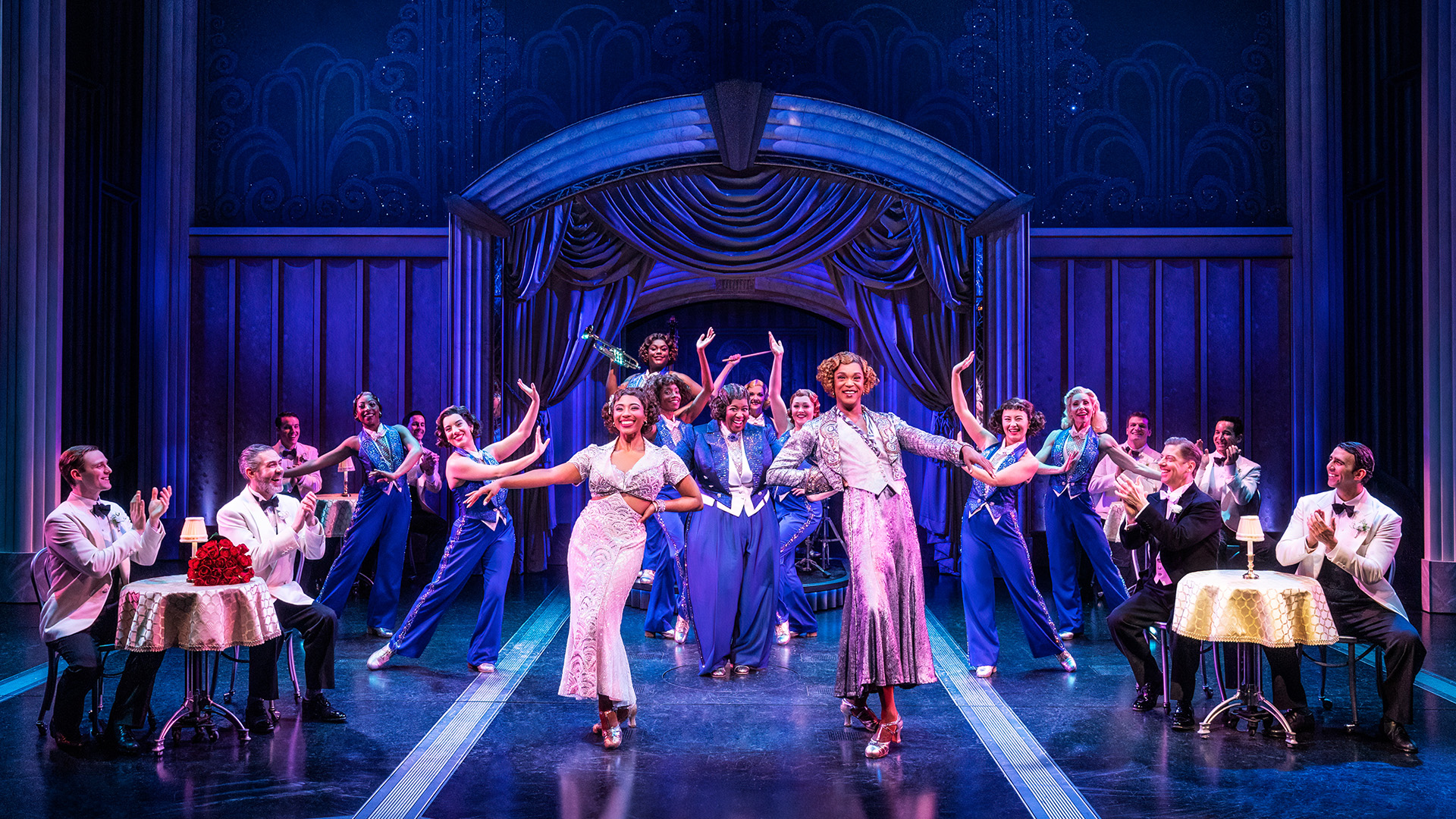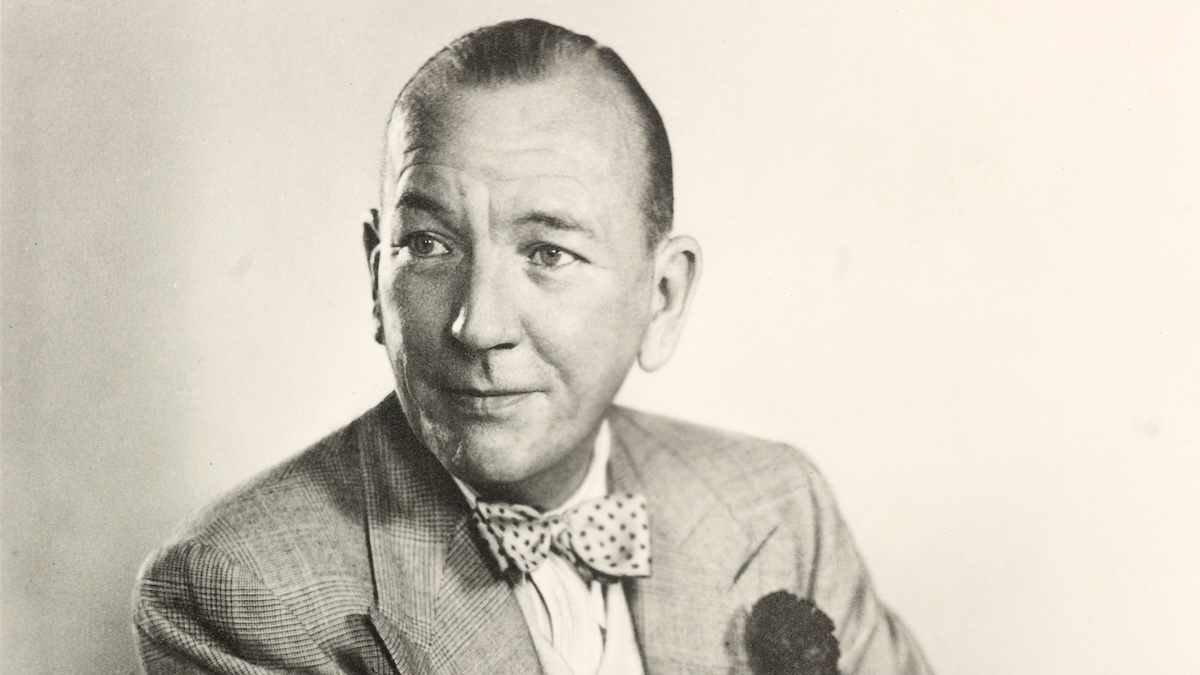
Damon Chua, author of Film Chinois, The Emperor’s Nightingale and Incident at Hidden Temple, among other plays, discusses his experience as an Asian author of work for the theatre.
…
What would you do, if you were commissioned (and paid well) to write a play, and the theater company came to you and said: We love your protagonist (who is Asian American) but we think the play is way more interesting if the protagonist were X (another character who isn’t Asian American)? What if they explained to you that they “totally understood” where you’re coming from but that the play would reach a wider audience if you made the change? What would you do?
There are no easy answers. You see, the alternate protagonist, a female character, was also a person of color, just not Asian. She had an equally compelling character arc. If I put in the work, I knew she could have all the makings of a fascinating lead. And yet…
When I first started my career, I didn’t face such a dilemma. Everyone should write about everything, I thought. Shakespeare created Italian, Danish, Moorish and many other characters of diverse nationalities and origins. If he could do that, well, why couldn’t I? Also, I saw my fellow playwrights, many of whom were white, tackling plays set in Africa, the Middle East, Asia, and other places, with characters of various ethnicities. So the bottom line seemed to be: just write what you care about.
As time passed, my view changed. I became sensitive to the relative lack of opportunity for artists of color. I realized I had a responsibility to write for these actors. If I want the people on stage to truly reflect the colors of the diverse communities we live in, then it starts with me. Diversity was no longer an abstract concept; it became an actionable thing. And it wasn’t just about creating Asian roles; it was about creating characters that embraced the multicultural world we live in. My plays may or may not have an Asian element, but I always endeavor to engage with issues of underserved communities and specific interests.
So I told the theater company: All right, I’ll make the change. The Asian American character would take a back seat while I shifted the limelight onto this other character, the non-Asian person of color. To this day, I’m not sure if I did the right thing.
Now a new question arises. If an Asian playwright were to tackle non-Asian characters, how could they ensure these characters were truly authentic? I raise this only because I have been confronted by this question time and again. I am acutely aware that many white playwrights are not taken to task for writing characters that are distant from their cultural roots. Yet I am quickly challenged whenever I create Black, Latinx and other characters.
My view is this: being Asian doesn’t automatically mean I am an expert in creating, say, Japanese characters (I am of Chinese descent). In the same way, I believe one’s ethnicity doesn’t give you a monopoly over creating characters of that ethnicity. Otherwise, no one would have the standing to create a truly multicultural play. I would say the argument over authenticity misses a key point: the intent of the playwright, and the work put in in pursuit of that intent. Sadly, this is often glossed over in the name of political correctness. Except it isn’t political correctness – it is just another way writers of color are marginalized.
There is an important responsibility on the part of the playwright, which is to ensure that directors and actors, who may or may not share the same background as the characters on the page, truly understand who these characters are.
I have been in situations in which a director or actor completely missed the cultural nuances of one of my characters. This is nobody’s fault – no one can be expected to know everything. So I take it upon myself to clarify the cultural context. Ultimately, this is a conversation every playwright needs to have with their director and/or actors, and I have learned not to shy away from it, even when I feel a wall going up. It can only result in a deeper understanding of the character involved and ultimately a better production.
Recently I was asked to write a short play on an issue I cared deeply about, and I was excited to jump in. When I finished, I realized that the characters, who could have been of any race, HAD to be people of color for the piece to have the deepest dramatic resonance. So I made the specification, very clearly, even though by doing so I was potentially limiting the play’s produceability. But I knew I had to do it – the play demanded it.
During the pandemic, I thought work would dry up. It slowed down, but only for a short time. I soon became busier than I had ever been, which was, and is, a testament to the demand for diverse content, especially now. Among my assignments: a radio play set in wartime China, a TYA play reconfigured for Zoom, and a piece based on a graphic novel.
So here’s a challenge to all the gate-keepers out there: rather than program an Asian American play once in a while to appease the call for diversity, why not go beyond tokenism and try a little harder? You may be surprised that your audiences are way ahead of you.
I truly feel lucky and grateful to be doing what I am doing. For I am not just telling stories, I am an active part of the movement towards greater racial equity. After all, if I am not seeing diversity on stage, why am I doing this?
…
For more information about Damon Chua and his plays, visit the Concord Theatricals website in the US or UK.

The Latest from @ConcordShows: Spring ’24

The Latest from @ConcordUKShows: Spring ’24

